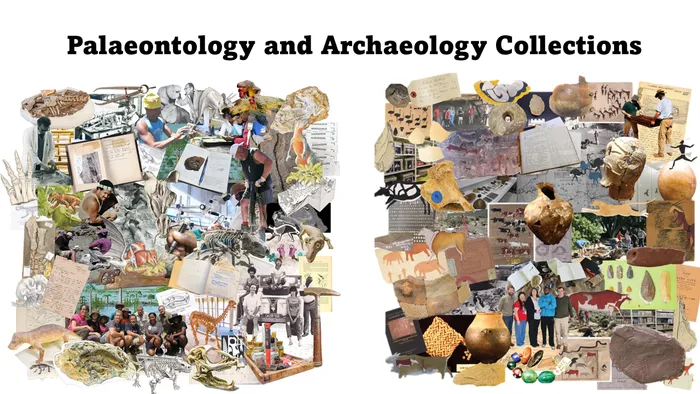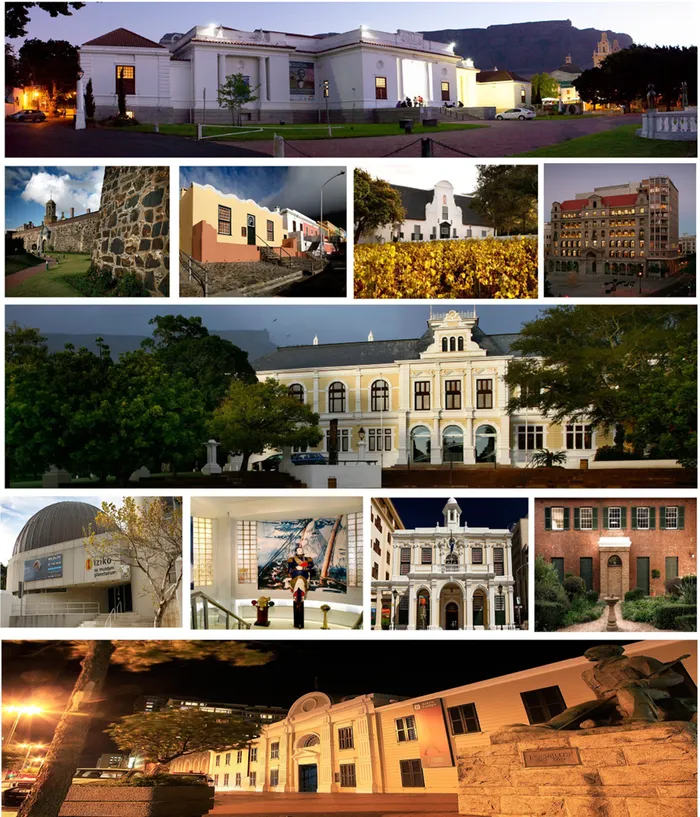Futures_Past: how France and SA are revolutionising archival storytelling

Iziko Museums of SA collections
Image: Supplied
The Embassy of France in South Africa, along with the French Institute of South Africa (IFAS) and Electric South, has unveiled an innovative initiative dubbed Futures_Past: Amplifying Memory with Immersive Technologies. This two-year project aims to transform the way archives engage with the public by leveraging the powerful tools of immersive storytelling.
In a world where the heritage sector faces significant challenges—from insufficient digitisation efforts to evolving audience expectations—this initiative emerges as a timely solution, offering new avenues to connect with history, memory, and culture.
According to Ingrid Kopp of Electric South, "Futures_Past is not only about preserving heritage, but also about amplifying it for new generations. By merging archives with immersive technologies, we can honour memory while inspiring future innovation."
The initiative comprises three essential components:
- A comprehensive regional sector mapping and policy study focused on immersive arts in South Africa, Lesotho, and Malawi.
- A mobility and networking programme in France for up to 20 professionals, facilitating connections between Southern African stakeholders and immersive arts institutions, markets, and festivals.
- Development and exhibition of six immersive digital works, crafted by artists and creative technologists in collaboration with selected archival institutions.
Six significant archival and cultural institutions have been selected to lead the creation of immersive experiences. Each partner will explore a unique aspect of Southern Africa's rich history:
- National Film, Video and Sound Archives (Pretoria, South Africa): Engaging with the Moolman Opnames Collection, which features poignant films from the 1960s that depict daily life under apartheid.
- GALA Queer Archive (Johannesburg, South Africa): Focused on the Township AIDS Project (TAP), this collaboration aims to shed light on grassroots activism and its continuing influence on public health narratives.
- !Khwa ttu San Culture & Education Centre (Yzerfontein, South Africa): Resurrecting the resilience and identity reflected in the linocut artworks created by San soldiers, this project brings digital innovation to traditional storytelling.
- Iziko Museums of South Africa (Cape Town, South Africa): Highlighting the crucial role of water in ecosystems and cultures through the Amanzi eAfrika exhibition, this initiative intertwines oral traditions with scientific insight.
- Royal Archives, Museum and Information Centre (Matsieng, Lesotho): Reimagining narratives of Lesotho's monarchy and colonial history to foster appreciation for the nation's cultural sovereignty.
- Music Crossroads Malawi (Lilongwe, Malawi): Crafting an immersive soundscape that reflects the heritage of Malawi through its folk songs, each encapsulating unique community stories.

Iziko Museums of SA
Image: Supplied
David Martinon, Ambassador of France to South Africa, Lesotho and Malawi, stated, "Each of these archives tells a vital story about identity, resilience, and history in Southern Africa. Futures_Past will bring these stories to life in ways that resonate with contemporary audiences."
With institutional partners on board, Futures_Past is now opening a call for immersive artist teams across South Africa, Malawi, and Lesotho. Artists are invited to submit proposals to collaborate with one of the six archives, focusing on co-designing projects that bring archival materials to the public in engaging and innovative ways.
Selected teams will receive funding between R500 000 and R1.2 million, along with mentorship and technical support, to enhance their projects. The initiative encourages creativity across various immersive formats, including virtual and augmented reality, spatial audio, and responsive installations. Essential roles within each team include a director/creative lead, technologist lead, producer, and an assistant producer aged under 30, fostering capacity development within the sector.
The evaluation of applications will consider creativity, ethical practices, feasibility, and potential audience impact, particularly emphasising collaboration with archival personnel and local communities. This vibrant initiative seeks to invite Africa's creative talents to blend heritage with innovation, thus redefining the landscape of archival engagement for contemporary audiences. Through Futures_Past, a new chapter of storytelling awaits in Southern Africa.